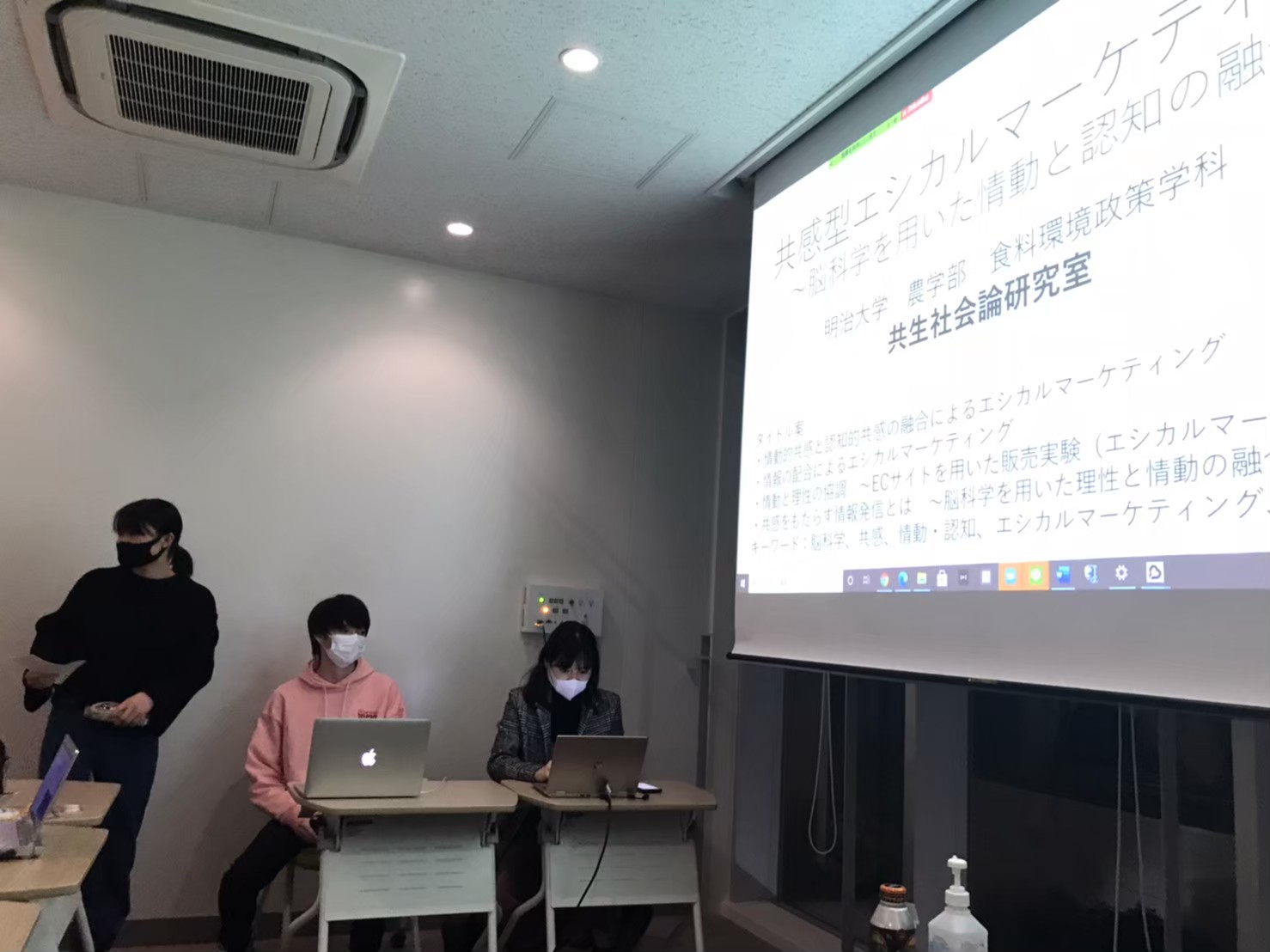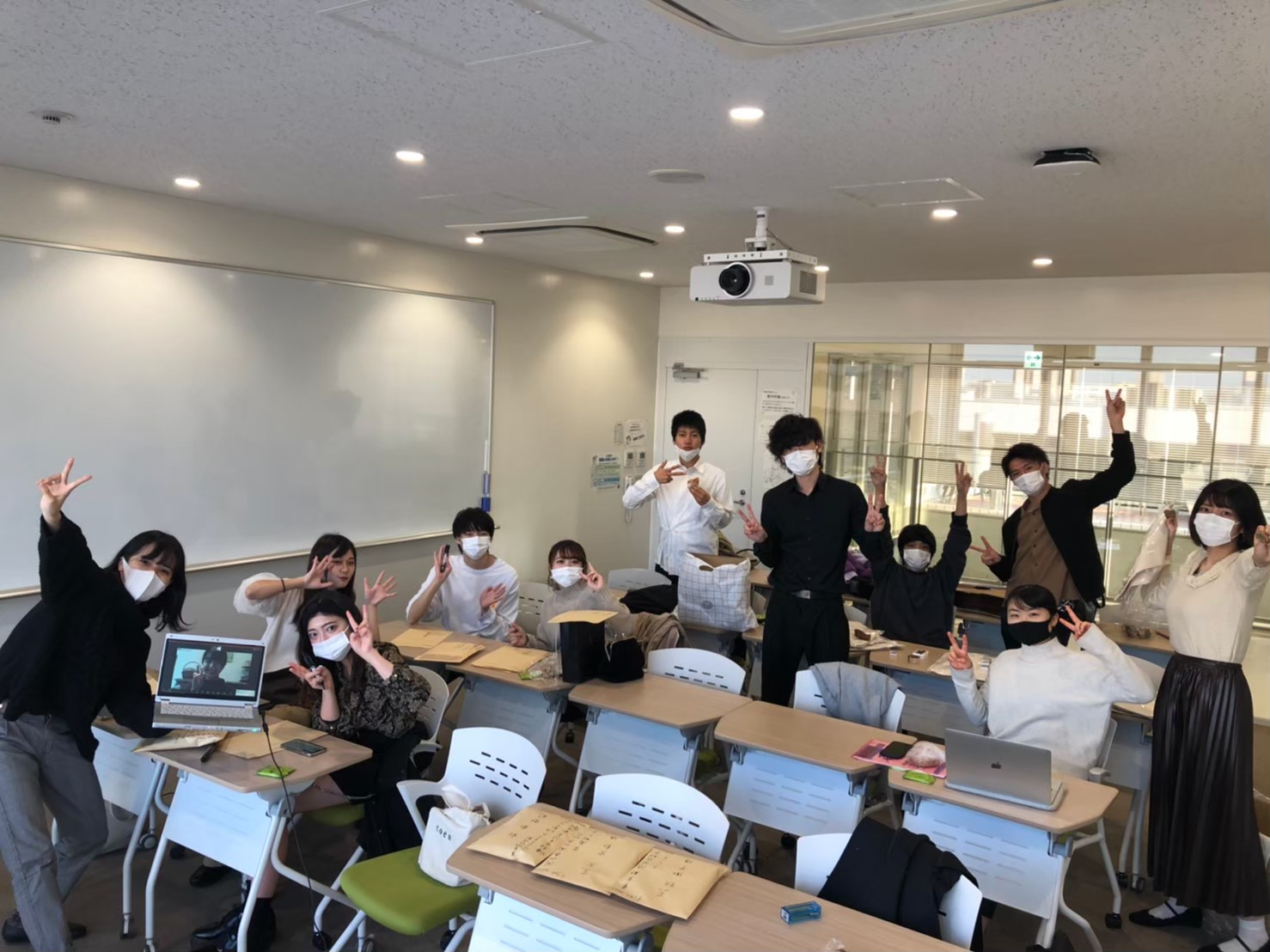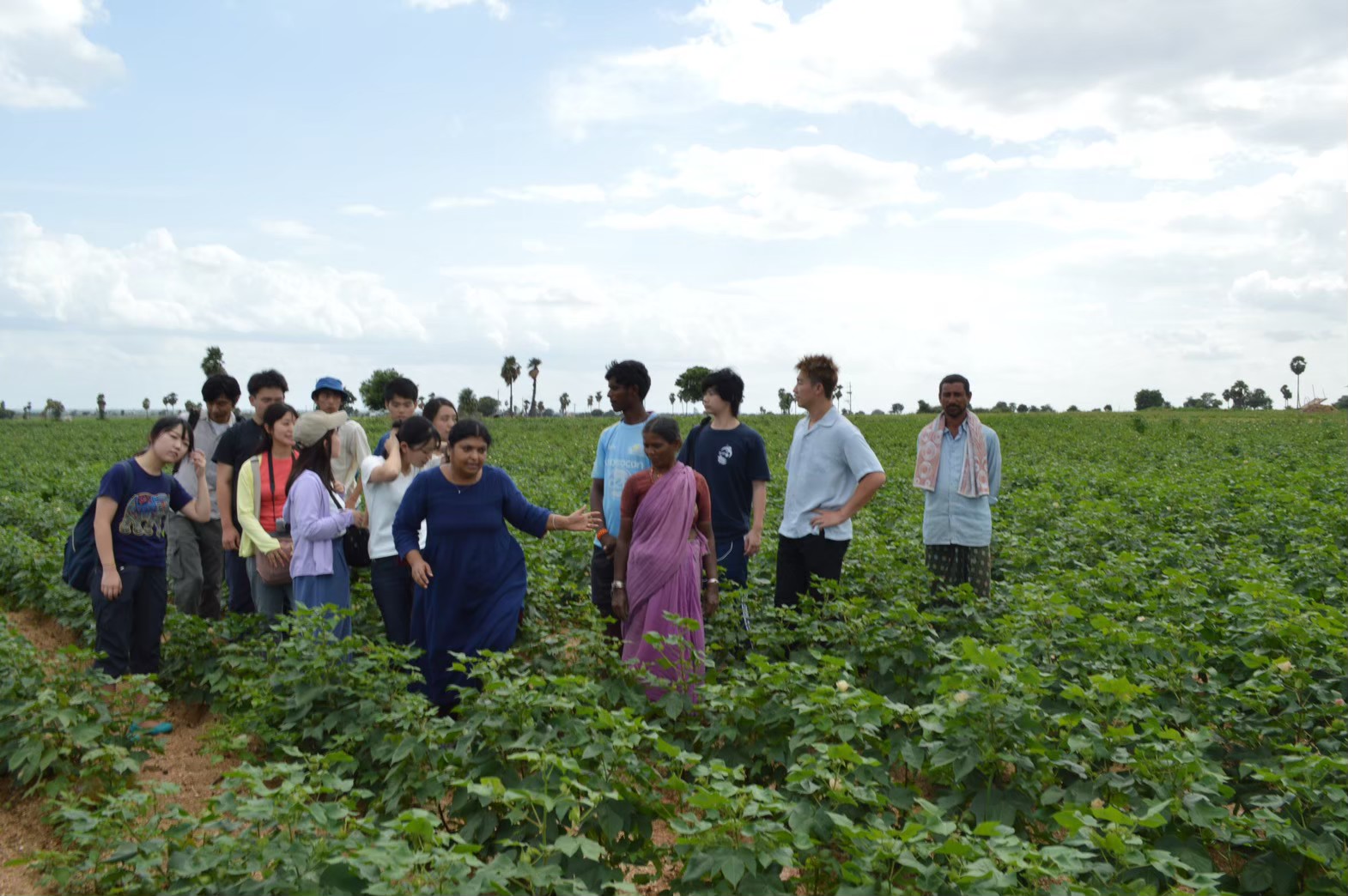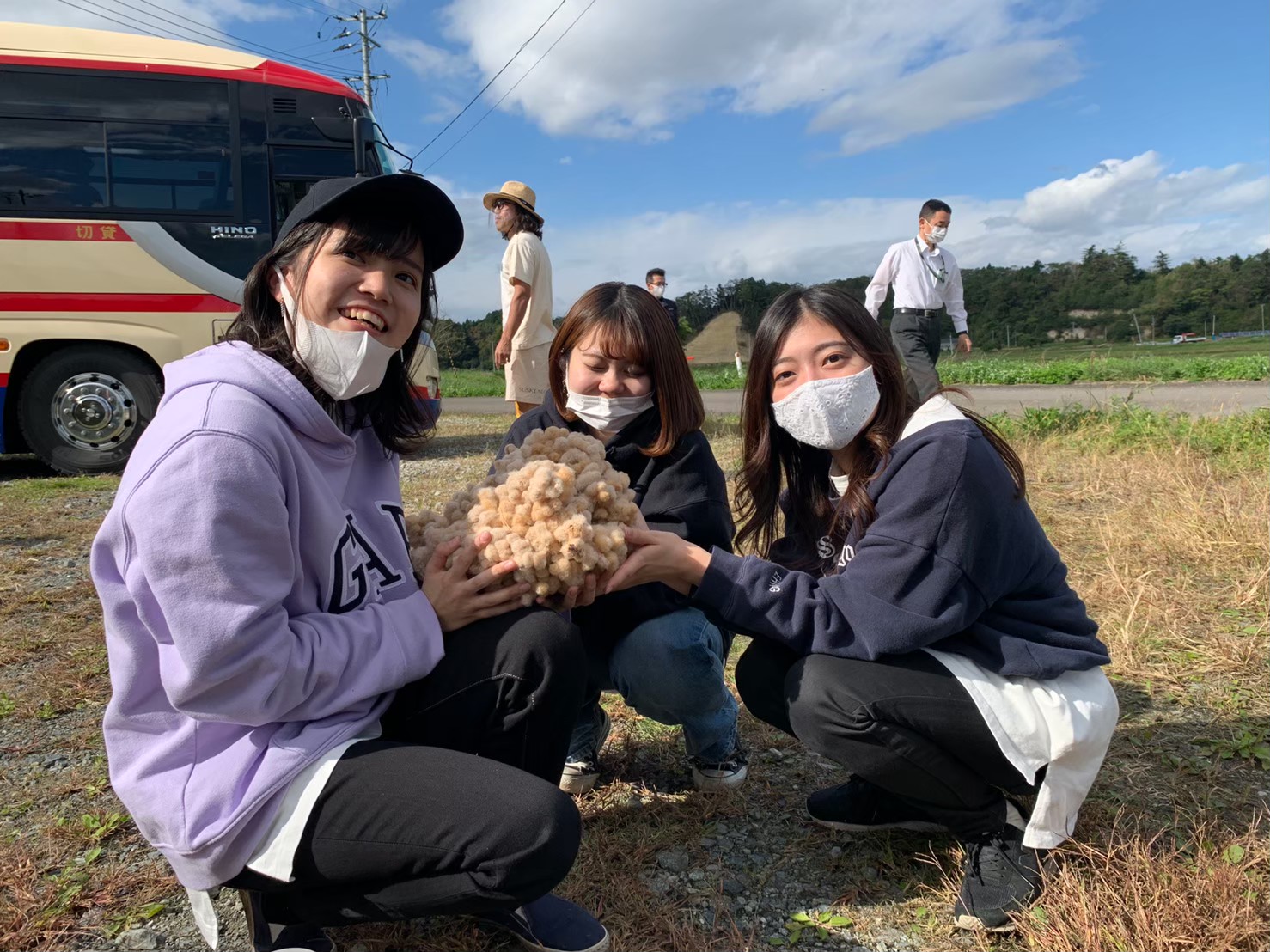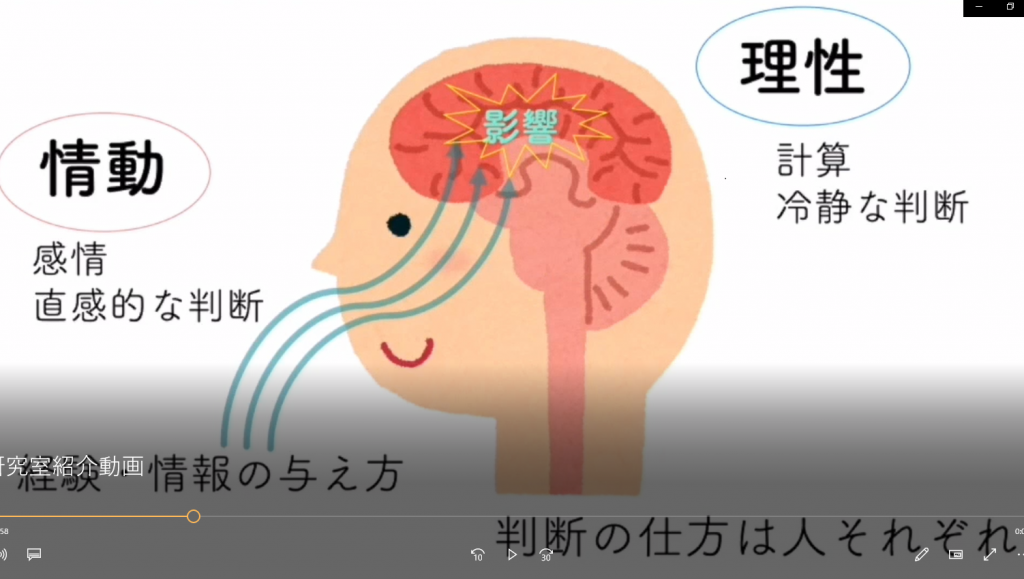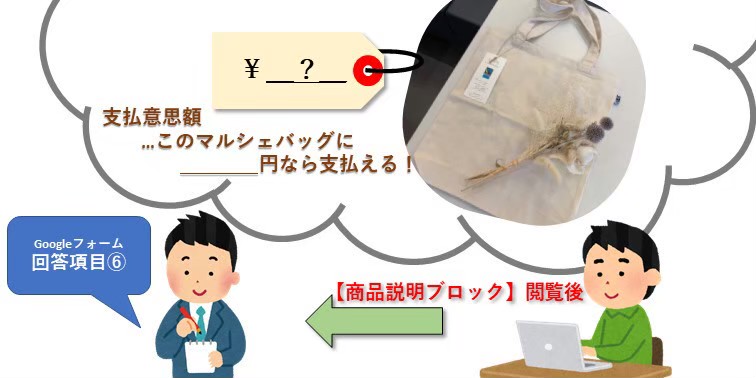Details of the Initiative
It is important to protect the environment. But it is impossible to protect the environment at a loss. We have to make money with environmentally friendly products and consumers have to feel happier (more utility). In other words, a sustainable market needs to be created where the environment and the economy are compatible. That is the purpose of this laboratory. Human psychology is interesting. Even if you buy a product that is good for the environment at a slightly higher price, you feel happy when you see the smiles of the local children who were saved by it. In the seminar, we apply knowledge of behavioral economics and neuromarketing, such as human psychological habits and brain functions that bring about “empathy,” to an experiment of selling organic cotton products in India. Traditional cotton uses more pesticides and destroys ecosystems than other crops. In India, the world’s largest cotton producer, young girls grow cotton doused in pesticides instead of going to school. To solve these problems, the seminar students present product plans to companies in the spring of their junior year. In the summer, they engage in week-long training in a farming village in India. Students who have learned about the problems in the field reflect their knowledge of behavioral economics in planning sales of organic cotton products. They learn the reality of consumers based on customers’ reactions and convert them into data to make a research presentation. Students learn about efforts to logically market ideals while touching people’s emotions.
